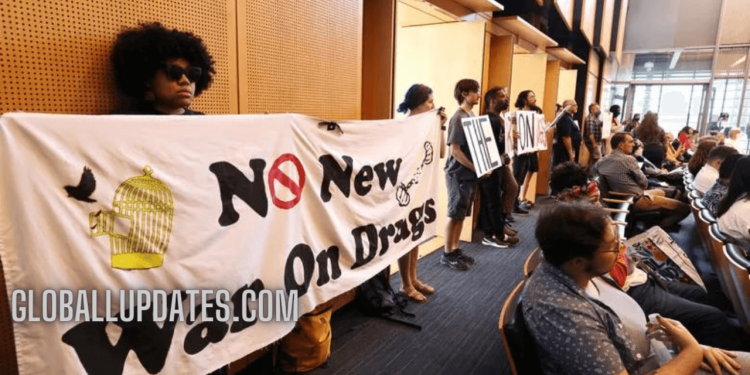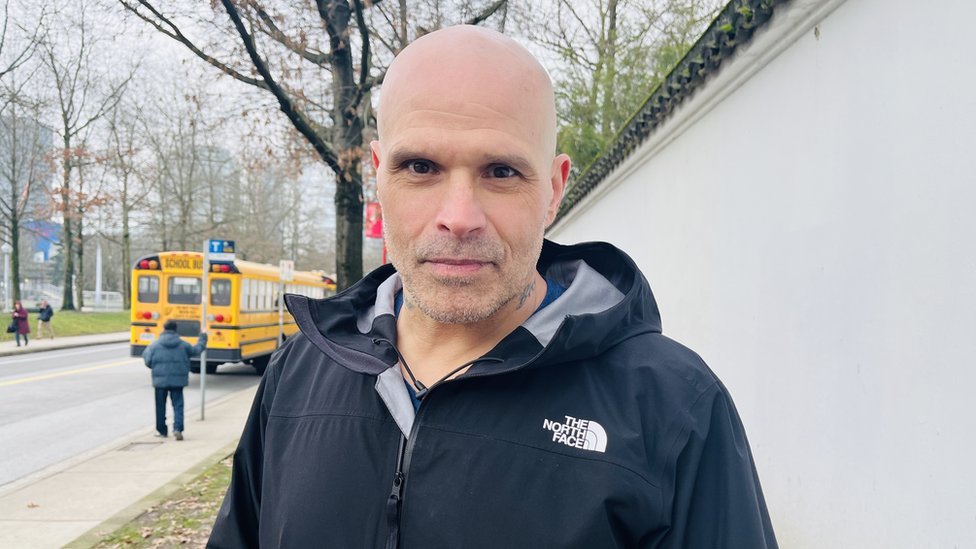In the preceding year, the province of British Columbia (BC) in Canada embarked on a pioneering legislative reform by decriminalizing the possession of small quantities of hard drugs.
This bold move was intended as a strategy to mitigate the severe opioid crisis that has claimed numerous lives. The initiative aimed at diminishing the stigma and obstacles faced by individuals suffering from severe drug addiction, thereby facilitating their access to vital treatment and support services. Despite its noble intentions, this policy has encountered considerable resistance, casting doubt on its future viability.
Former Mayor of Vancouver, Kennedy Stewart, shared a poignant personal tragedy with the BBC, recounting how the weekly list of drug overdose fatalities in Vancouver once included a relative of his, Susan Havelock, illustrating the devastating reach of the crisis into personal lives. This tragedy underscores the dire state of the toxic drug crisis that is ravaging North America, with the United States experiencing an unprecedented spike in fatal overdoses, and Canada, particularly BC, grappling with an escalating death toll from overdoses, which was officially declared a public health emergency in 2016.
BC’s approach to decriminalization, which is set to be piloted until 2026, permits adults to possess up to 2.5 grams of substances such as heroin, fentanyl, cocaine, or methamphetamine without facing arrest, charges, or seizure of the drugs in certain areas, barring schools and airports. However, this policy has been met with criticism and described as a “harmful experiment” by detractors, who argue that it lacks adequate public safety measures and has not succeeded in reducing overdose fatalities.
In response to these concerns, the BC government proposed legislation to expand restrictions on drug use to additional public spaces. This proposal, however, was temporarily halted by the BC Supreme Court, citing potential “irreparable harm” to individuals who use drugs. This development has intensified the debate around the decriminalization policy, with varying opinions on its effectiveness and societal impact.















































